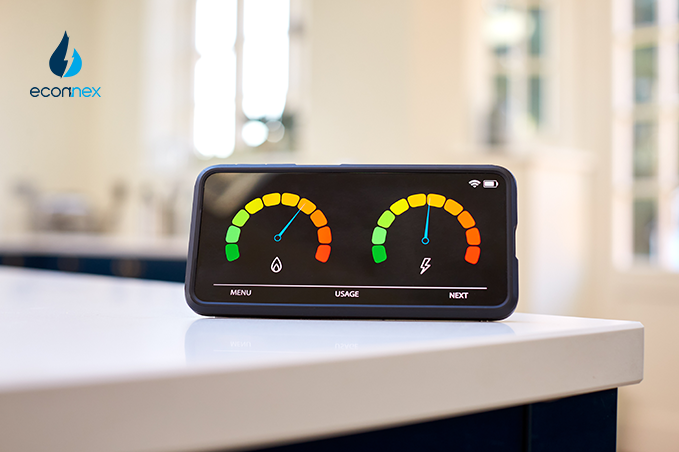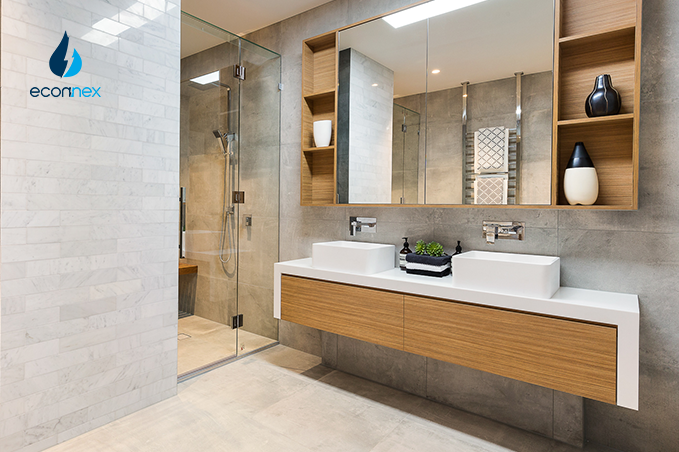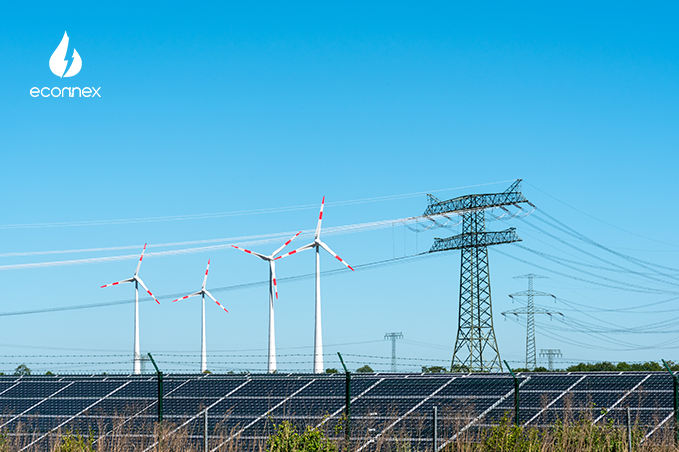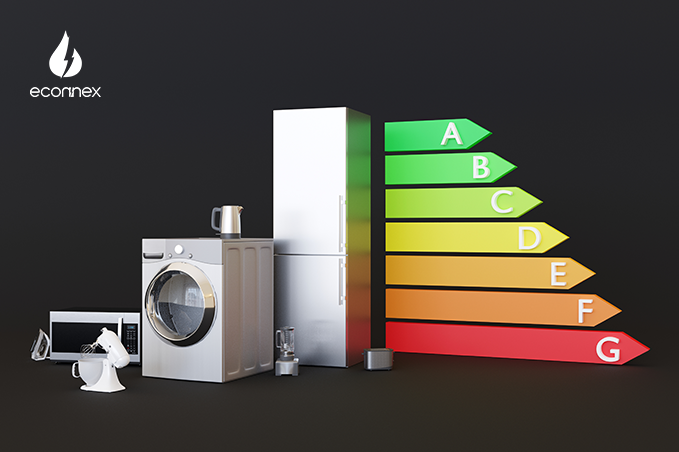Are sky-high electricity bills hurting your pockets? Unlock savings on energy bills by understanding the mechanics behind different types of energy discounts!

Published on 26/03/2024
By William Walton
Energy Comparison
Paying for high-end energy bills has lately been no surprise for Aussie households.
With that in mind, it is justifiable for you to be tempted towards lucrative energy discounts offered by energy retailers in an attempt to extend some relief to your pockets. That said, before letting your impulses get the better of you, you must understand what you’re getting yourself into. Remember, there lies a difference between a good discount and a good deal.
Once you have a deeper understanding of the numerous options for energy discounts, you will be in a position to make a more informed choice. No worries, we’re here with all you need to know about the different types of energy discounts and how to find the one best suited for you. Hop on board!
To end the confusion once and for all, let’s break down the different types of energy discount plans that you’re most likely to come across:
Check Average Electricity Bill in Australia
Don’t fall for discounts based solely on the numbers. If you’re seeking the most appropriate plan, you need to understand the nature of the discount, including how long it lasts and any eligibility criteria. There is no point in getting a 15% discount if you can’t meet the conditions of the desired plan.
That’s where knowing if your discount is conditional or unconditional plays an integral part. While conditional discounts can only be enjoyed if you meet requirements, unconditional discounts don’t ask you to do anything in return. For instance, to enjoy an energy plan with a conditional discount like a Pay on Time Discount, you must ensure you’re paying your bills on time. Or else, no matter how tempting the discount looks, you won’t be able to take advantage of the benefits.
The saying ‘Good things don’t last long’ holds true here.
Unfortunately, most discounts come with a benefit period as well. So, to make a wise choice and avoid being caught off guard, you should be aware of the expiry date (if any) of your discount beforehand so that you can decide on your future course of action accordingly. You could stick to the same plan if you find it worthwhile even without the discount or perhaps switch your energy plan once you’ve taken advantage of the honeymoon phase.
Note that your energy retailer must notify you at least 20 business days before your discount benefit period ends.
Under certain circumstances, you could even be eligible to enjoy some rebates or concessions offered by the government (subject to where you live). For instance, in some scenarios, the government provides financial assistance to low-income households, pensioners, individuals who rely on specific medical equipment, or even homeowners who opt for energy-efficient appliances. If you know you fit the eligibility criteria of any government program, it might not hurt to combine those benefits with the discount options offered by your energy provider to save further.
Even if you’re not securing the best discount deals on your energy plan, there are other ways of deciding if it’s worth it. That includes looking out for the perks and incentives your retailer offers! At times, they hand out free movie tickets or even lucrative deals like a free gym membership. If the offer seems generous enough to you, going for it will only indirectly serve the purpose of saving your pockets some hard-earned bucks.
There exist two main types of energy discounts: usage charge discounts and whole bill discounts. In order to wrap your head around these discounts, you need to get savvy with the terms: usage and supply charges.
Usage charges typically refer to the fees consumers incur based on the amount of energy they consume. Supply charges, on the other hand, are fixed fees that consumers pay to maintain access to the electricity or gas networks. You’d notice that your bill typically comprises of these two charges.
Often, the discounts will apply to your usage charges solely, which is referred to as usage charge discount. However, there will be some cases wherein you’ll be eligible to enjoy a discount off your total bill (i.e., both usage and supply charges), known as whole bill discount. Our recommendation to you would be think through before letting the whole bill discount tempt you into making any impulsive decisions. Keep in mind that it doesn’t necessarily guarantee you the best deal. You could be saving way more with a 10% discount off your usage than a 5% discount off the total bill.
Check Peak and Off-Peak Electricity times
The process of understanding energy discount plans comprehensively, weighing the pros and cons of your options, and making a well-informed choice all by yourself is anything but easy. That’s why we’re here to assist! With Econnex, you can find a deal that best serves your budget in a flick of a finger. All you have to do is compare the plans of our wide panel of retailers and opt for the one that best works for you. Happy saving!



